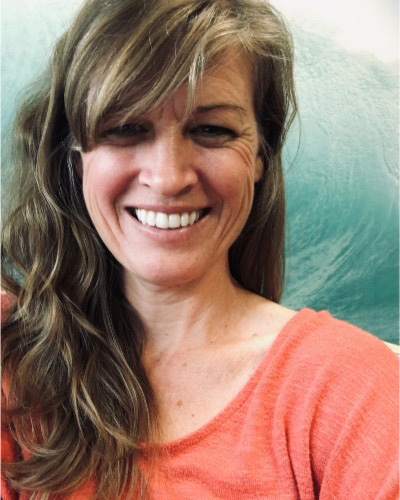
M. Danielle McDonald
Director, Glassell Family Center for Marine Biomedicine
Scientific Director, National Aplysia Resource
Affiliate Member, Sylvester Comprehensive Cancer Center
dmcdonald@miami.edu
Dr. Danielle McDonald is the Glassell Family Endowed Chair in Marine Biomedicine and a Professor of Marine Biology and Ecology at the University of Miami’s Rosenstiel School of Marine, Atmospheric, and Earth Science. Dr. McDonald’s research is focused broadly on physiology and toxicology, and while she works on marine animals, much of her research has applicability to human health and disease, including work that she has done on oil toxicology and exposure effects of polycyclic aromatic hydrocarbons and whole animal responses to environmental stressors such as low oxygen (hypoxia). Over the past two decades, McDonald has worked to establish a greater understanding of the neurochemical, serotonin, most known for its role in depression and anxiety, in the animal kingdom. Her lab has found consistencies and evolutionary continuity between fish and mammals with respect to serotonin regulation, which provides insight to various human mental health disorders. Furthermore, she has shown a relationship between circulating serotonin, blood pressure and blood flow, and low blood oxygen, a finding that could have implications for human health conditions such as stroke, pulmonary disease, and heart failure. McDonald’s current research serves to determine the response of the California sea hare, Aplysia californica “Aplysia” nervous tissue and heart to reduced blood flow and blood oxygen as the animal ages. Through this work, she hopes to fill current gaps in knowledge regarding Aplysia physiology and develop new uses for the Nobel-prize winning Aplysia model in the study of ischemic stroke and heart disease.
Keywords: hypoxia, stroke, ischemia, serotonin, polycyclic aromatic hydrocarbons, heart




